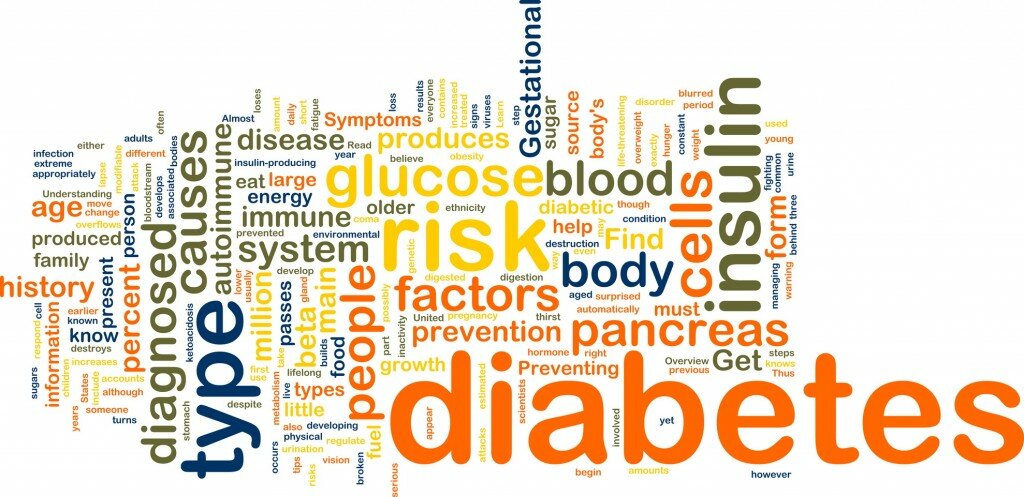Coffee lowers the risk of type 2 diabetes
Coffee lowers the risk of type 2 diabetes
Coffee has been studied extensively in recent years, and according to the studies, coffee is a downright health drink. Professor Emeritus Jaakko Tuomilehto from the National Institute for Health and Welfare went through the latest research results on the effects of coffee.
Brain benefit: Vitality level rises, short-term memory improves, and the risk of dementia decreases
Coffee refreshes you and raises your vitality level, which improves attentiveness. Coffee creates a stimulating effect even after 1-2 cups. The effect is the greatest about half an hour after the coffee has been drunk and is halved in 5-6 hours. The stimulating effect is due to caffeine, which impacts the metabolism of the adenosine compound in the body. Adenosine directs the body’s sleep-wake rhythm.
Drinking coffee in the morning sets the pace of the internal clock to the right rhythm and may ease the symptoms of a person suffering from the lack of light.
Caffeine also improves short-term memory and corrects memory problems in the elderly. In one memory test, pictures and words were shown to the test subjects. At the end of the test, half of the subjects received a caffeine tablet and half a placebo tablet. After a week, the individuals had to remember what they had been shown. The results of the individuals who had received caffeine were significantly better than those of the placebo group.
Coffee reduces the physical changes that are caused in the brain by dementia and Alzheimer’s disease. At the same time, coffee improves brain function. According to a Finnish study, people of retirement age who drink 3-5 cups of coffee per day have an approximately 60 per cent reduced risk of contracting dementia compared with their peers who had avoided coffee. Many research groups are currently trying to determine why this happens.
Coffee also reduces the risk for developing Parkinson’s disease. The reason for the phenomenon has been studied a lot. It is known that coffee’s caffeine molecules stick to the brains’ adenosine receptor cells. At the same time, the caffeine molecules prevent chemicals causing Parkinson’s disease from attaching themselves to the receptor cells.
The risk of stroke also decreases, when one drinks coffee. Five cups a day reduces the risk by about 20 per cent. It is not worth it to drink more than that, since the sixth and seventh cups reduce the favourable effect of coffee. If one drinks seven or more cups, coffee does not reduce the risk for stroke nor does it increase it.
Downside: caffeine can rob you of your sleep
Coffee’s caffeine stimulates and affects sleep. Indeed, one should drink coffee in the morning and afternoon. Coffee does not, however, rob everyone of their sleep. Caffeine does not have an effect on about a quarter of people. They can drink their evening coffee without worrying.
Lungs benefit: asthma symptoms may ease
Coffee improves the body’s resistance and removes from blood factors causing inflammations. At that time, the inflammation in mucous membranes of lungs also decreases, i.e. coffee can ease asthma symptoms as well.
The mortality rate for pulmonary diseases for individuals who drink at least three cups of coffee per day has decreased by about 20 per cent.
Heart benefit: risk of heart attack is reduced
The risk of heart attack is reduced in coffee drinkers. The risk decreases from cup to cup until the fifth cup.
If one drinks five cups of coffee per day, the risk of heart attack is reduced by about 30 per cent. If one drinks even more, it does not have any effect on the risk.
Downside: susceptibility genes increase risk for heart disease
In a human, two genes are known which are related to the risk for heart disease in connection with abundant drinking of coffee.
In Finland, these genes are carried by a little over ten per cent of the population. If they drink very much, i.e. more than seven cups of coffee per day, the risk of getting heart disease grows. If they drink at the most 4-5 cups of coffee per day, their risk is no bigger than with those who do not have these susceptibility genes.
Blood circulation downside: pan-made coffee (pannukahvi) increases harmful cholesterol
Coffee contains chemicals called cafestol and kahweol, which raise the amount of bad LDL cholesterol in blood. However, they are left in the filter paper. Pan-made coffee thus contains them. Indeed, a friend of pan-made coffee should filter it before drinking. Its taste remains, but cafestol and kahweol, which are harmful to health, stay in the paper.
Coffee may momentarily raise the blood pressure and pulse, like a run. The levelling of the pressure and pulse takes from a half an hour to three hours, depending on the person.
Coffee, however, does not raise blood pressure permanently or increase the risk for hypertension.
Pancreas benefit: risk of type two diabetes is reduced
Coffee reduces the risk for type two diabetes. The more a person drinks coffee, the smaller the risk becomes. The effect concerns both middle-aged people who are basically healthy and those with a heightened risk for contracting adult diabetes.
One cup of coffee per day reduces the risk for type two diabetes by 10 per cent, 3- 5 cups halves the risk. A big consumer, who drinks 10 or more cups, blows away 80 per cent of the risk.
The reduced risk for diabetes is not related to caffeine but chlorogenic acid, which is a strong antioxidant. It corrects sugar metabolism and slows down the absorption of sugar into blood stream.
Liver benefit: Coffee enhances liver function
The liver is the body’s purification plant. It removes harmful substances, which enter the body with food and drink. Alcohol and excess weight, among other things, strain the liver, at which time its effect weakens.
Coffee’s antidioxants cleanse liver cells, enhance liver function and in that way prevent liver cancer, among other things. Five cups or more coffee per day reduces the risk for liver cancer by about 60-70 per cent.
Liver stores sugar and releases it at night during fasting. Coffee’s chlorogenic acid prevents the storing of sugar and its release into blood stream at night. It is essentially important for the functioning of sugar metabolism.
Drawback: Acids can irritate the stomach
Coffee’s acids may irritate the stomach, if one is prone to that. Coffee’s caffeine increases the secretion of gastric acid.
Likewise, coffee may cause ulcer symptoms.
Gallbladder benefit and drawback: decrease in gallstones, but a bilious attack may surprise you
Coffee somewhat decreases the occurrence of gallstones. The mechanism is unknown.
If gallstones have already developed, drinking coffee may trigger a painful bilious attack.
Prostate benefit: risk of prostate cancer is reduced
In men, the most common cancer is prostate cancer. Its reasons are still largely unclear.
Drinking coffee, however, has been seen to reduce the risk of prostate cancer by about 10-15 per cent. The risk of severe, often terminal, prostate cancer is halved with six cups of coffee per day.
Skin benefit: coffee drinkers have less skin cancer
Coffee drinkers have less skin cancer than those who do not drink coffee. When coffee is put on skin infected with skin cancer, the cancer cells become smaller or their growth slows down. Coffee that is drunk has the same effect. Reliable research information has been gained on this subject especially in animal tests but also in tests done on humans.
Hands benefit: Coffee may cause shaking of the hands
Initially, coffee may cause shaking of the hands and heart palpitations. One gets used to coffee quickly, and the symptoms fade.
Pregnancy and breastfeeding drawback: The baby’s sleep may become more difficult
When the effect of coffee on pregnancy was first studied, it seemed that coffee causes miscarriages and deformations of the foetus. In further studies, it has, however, become apparent that coffee probably does not have an effect on pregnancy or the foetus. Many expectant mothers avoid coffee. It is perhaps the body’s automatic protection of the foetus.
If the breastfeeding mother drinks coffee, the baby also receives caffeine with the breast milk. It has a stimulating effect and may make the baby’s sleep more difficult.
Pin It


